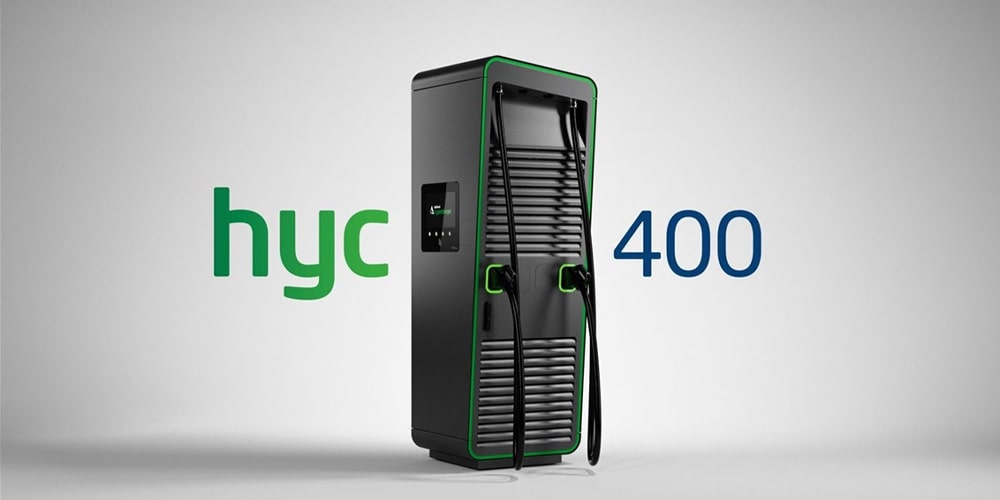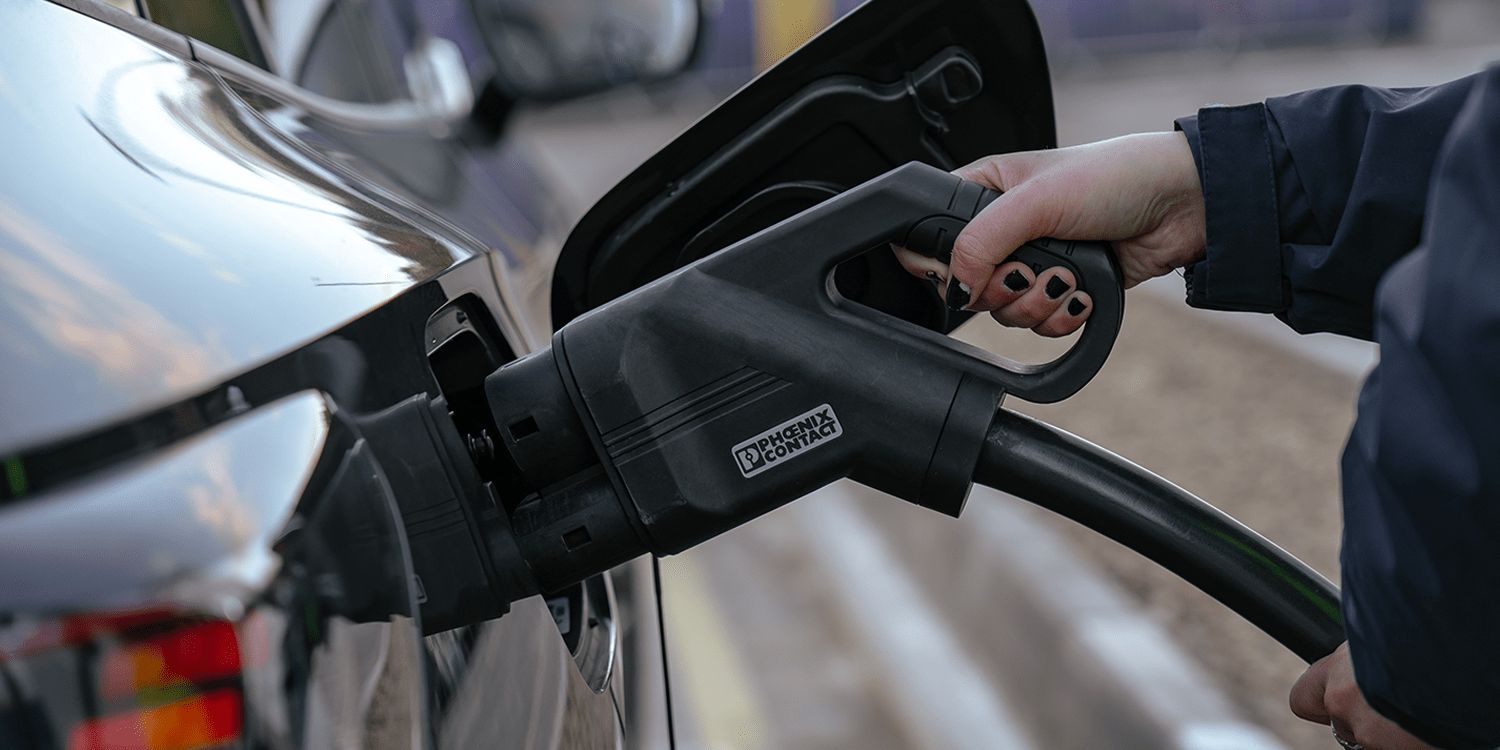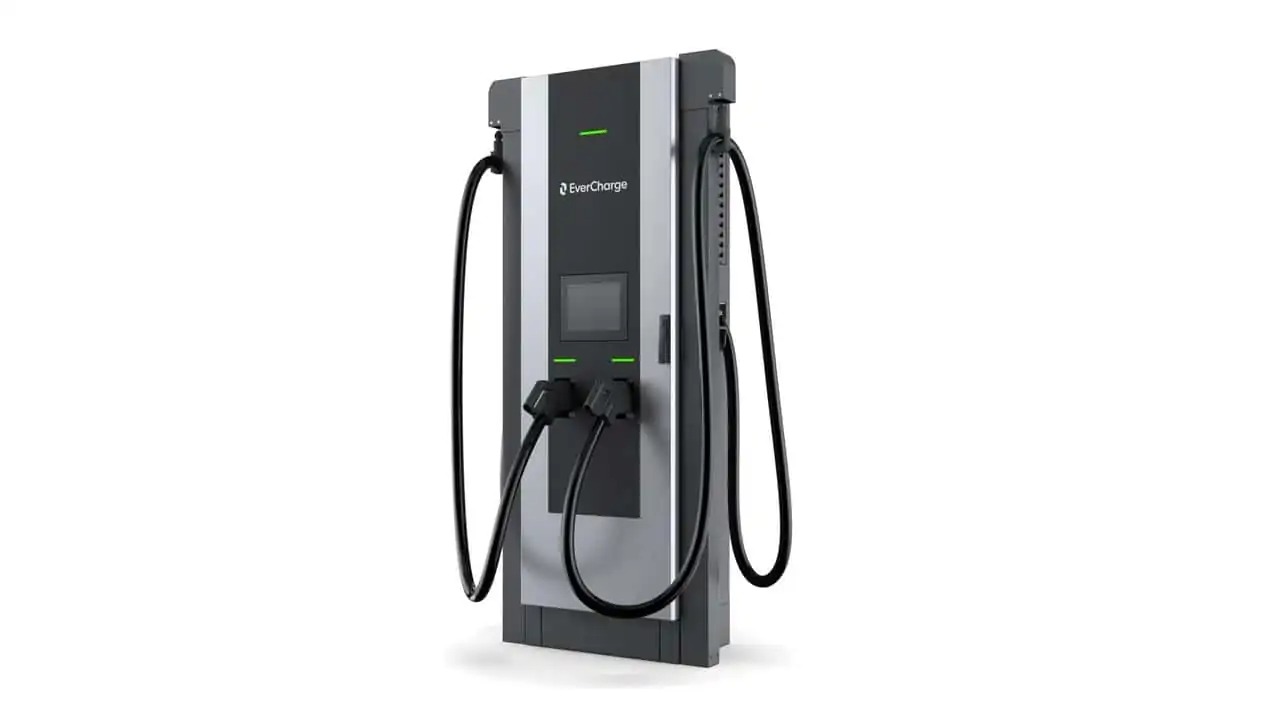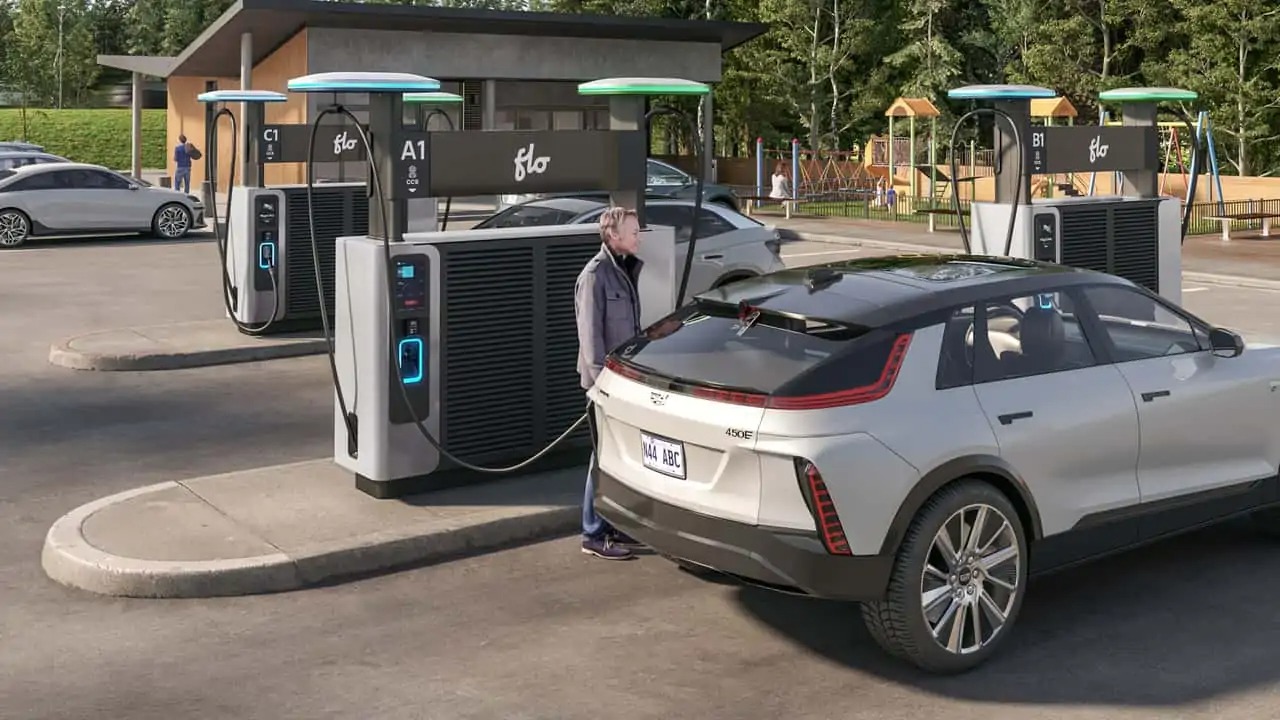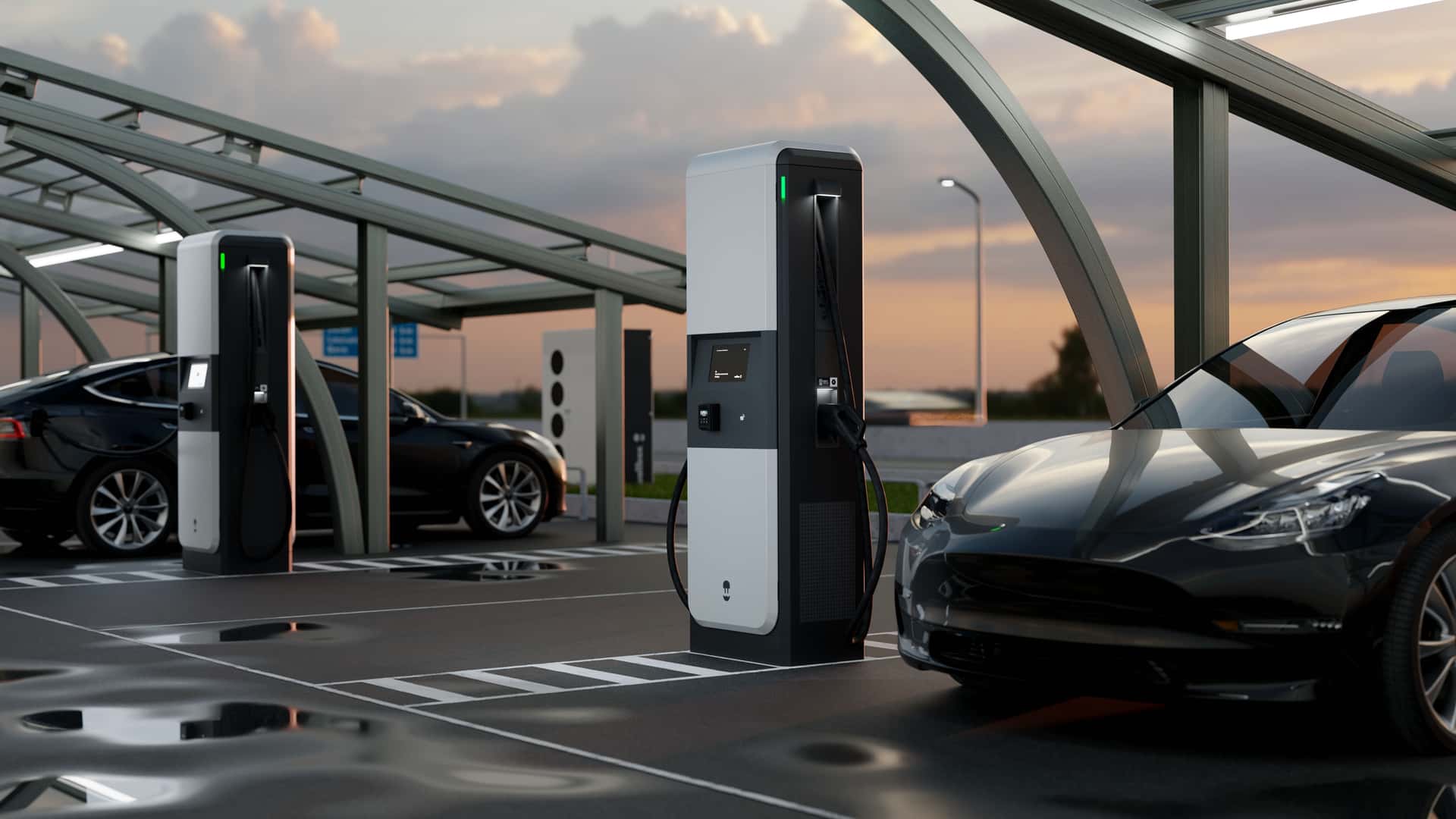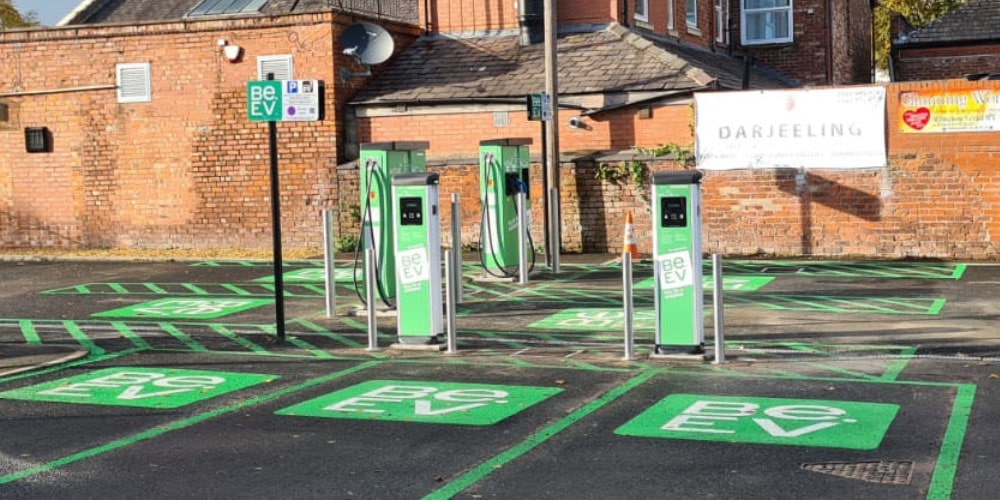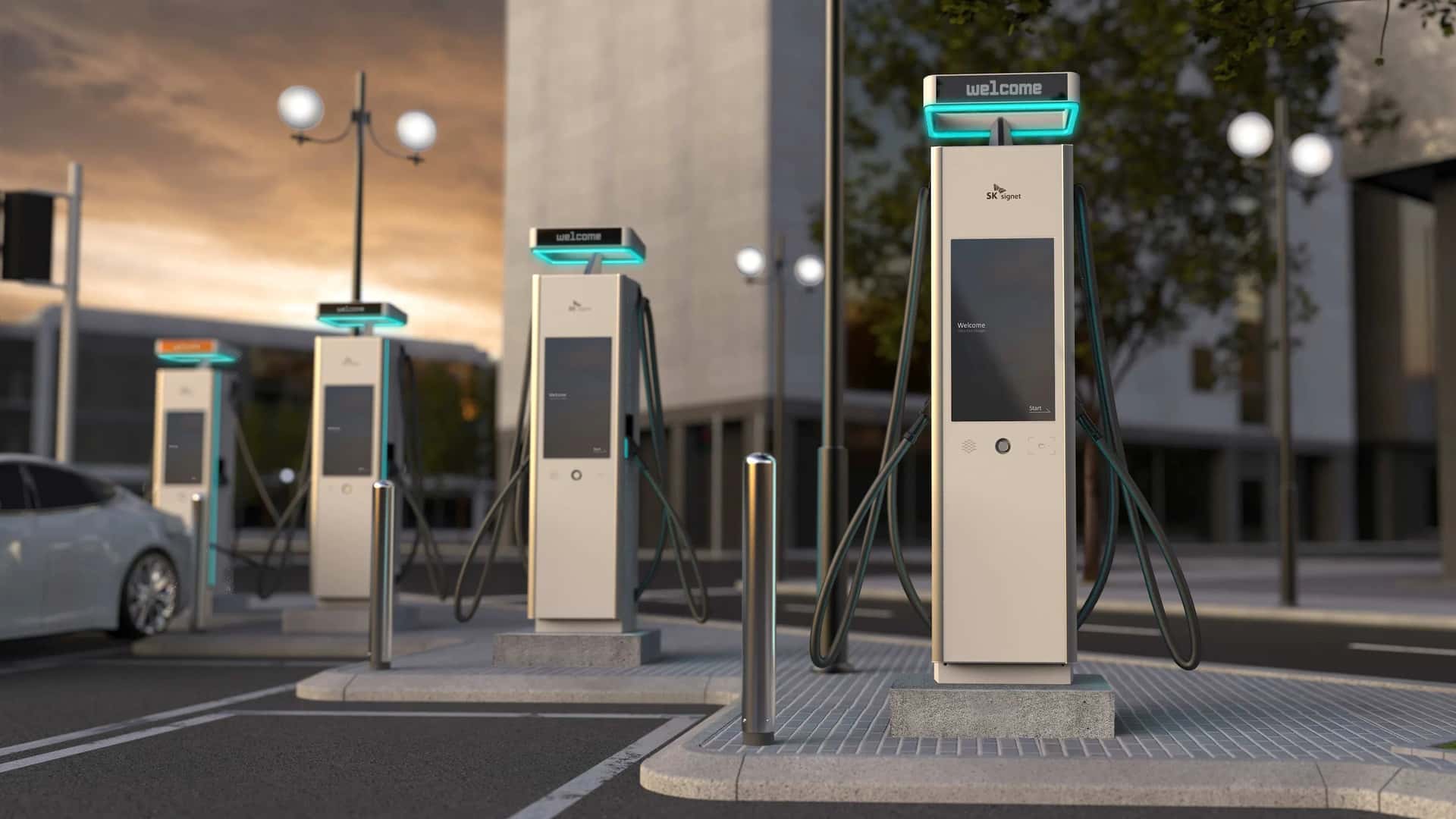Ionity, a high-power charging (HPC) joint venture between Audi, BMW, Ford, Hyundai-Kia, Mercedes-Benz, and Porsche, has announced plans to deploy Alpitronic charging stations in its network. The company is set to install the first Alpitronic chargers at various Ionity locations before the end of the year. Although no specific details on the number and locations of the stations have been provided, expanding its supplier base with Alpitronic is expected to accelerate Ionity’s network expansion.
Initially, Ionity primarily relied on hardware provided by Tritium and ABB. However, according to a recent LinkedIn post from the company, Ionity will now collaborate with Alpitronic, a brand renowned for reliable and efficient fast-charging solutions. The post states, “To accelerate further growth, Ionity will collaborate with Alpitronic, well-known for reliable and efficient fast-charging solutions, such as their state-of-the-art Hypercharger HYC400.” Though Ionity did not explicitly confirm it, the post suggests that the company will likely utilize the HYC400.
Alpitronic is known for its Hypercharger HYC150 and HYC300 HPC products, which are considered reliable and efficient. These charging stations do not require external control cabinets, only a transformer station for connection to the power grid, which simplifies civil engineering work and reduces installation costs. Major operators such as EnBW and Aral Pulse were early adopters, while other networks, like Fastned and Allego, later incorporated Alpitronic fast-chargers into their portfolios.
In May 2021, Alpitronic announced its HYC400, featuring a peak power of 400 kW, and its official launch took place in April 2022. The HYC400 charging station focuses more on shared power than peak power, as it provides 200 kW even when both charging points are occupied.
Although shared charging power is typical for many electric car drivers, it represents a departure from Ionity’s previous strategy, which claimed there was no “power sharing” and that the specified charging capacity of 350 kW was available at every charging point at all times. Ionity has not confirmed whether it will order Hyperchargers with only one CCS charging cable, but using a single cable would eliminate the need to address power sharing considerations.

